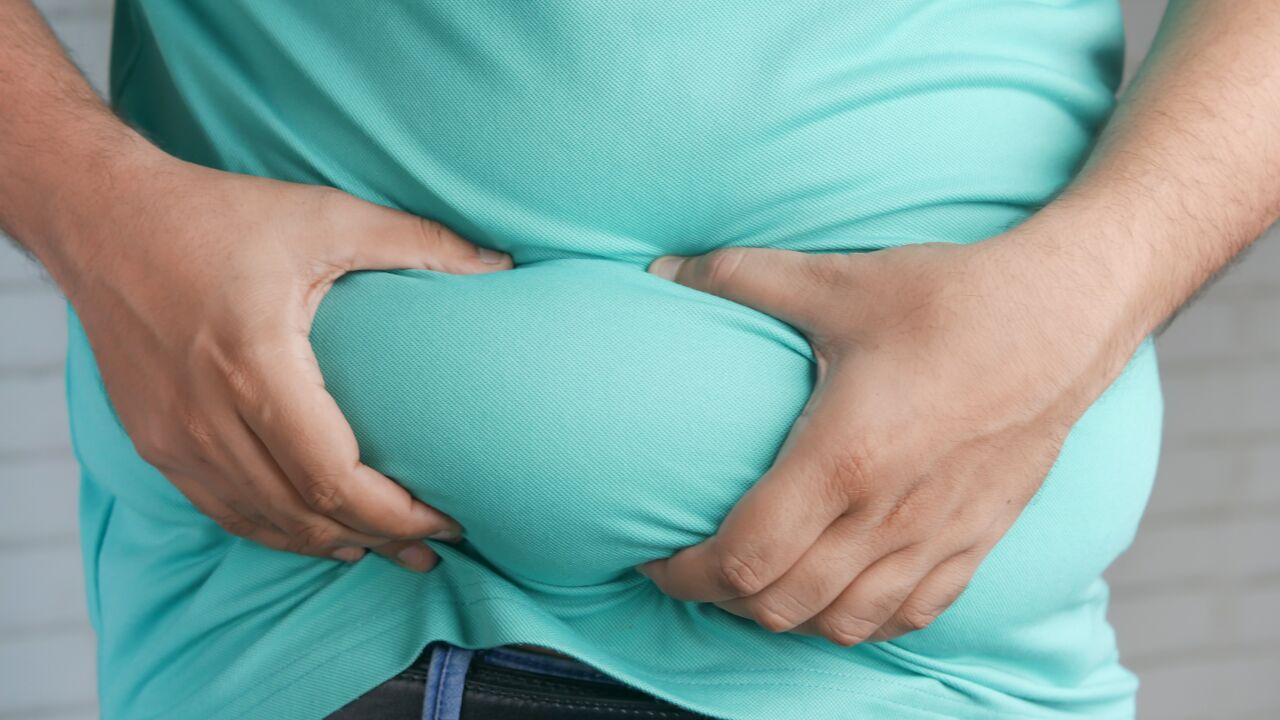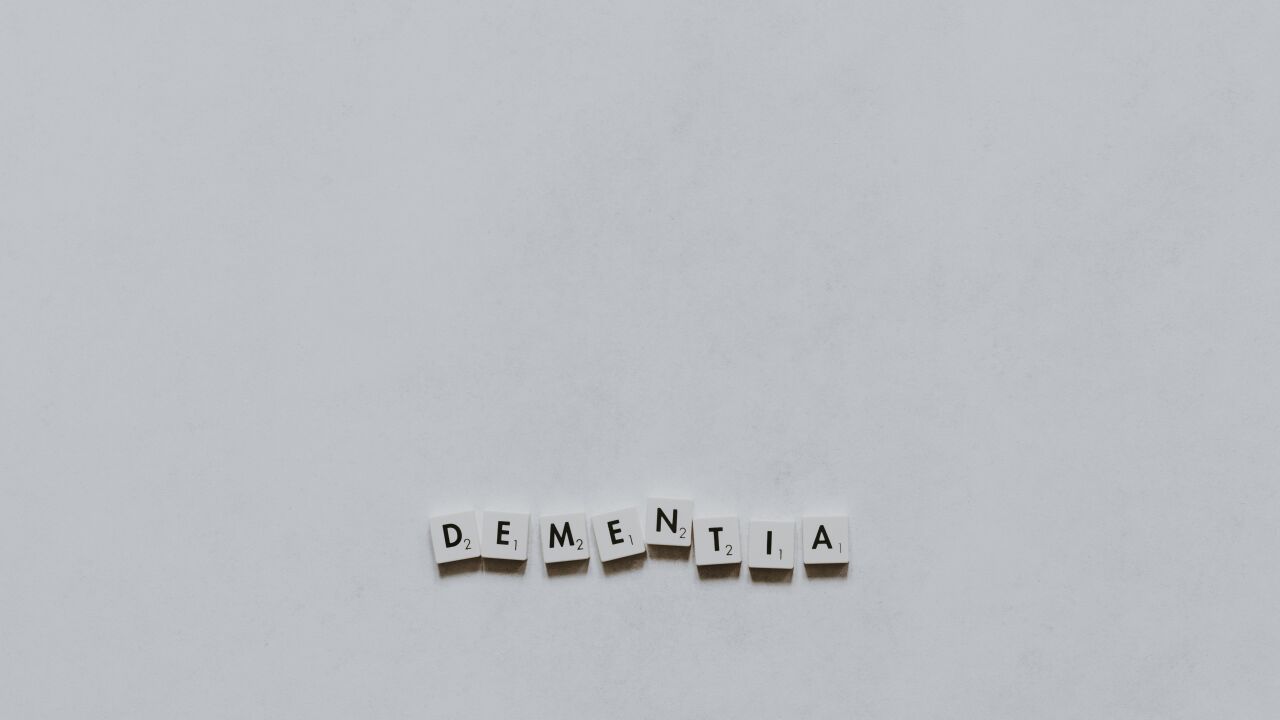Hair fall is very common nowadays. Every second person suffers from hair fall. Though many of us know it as dead tissue, we all suffer emotionally when we see our hair falling, which not only reduces our confidence but also threatens our self-image.
The hair which we see at the surface is scientifically dead but the hair root has life and receives nutrients from the blood vessels surrounding it. So what we eat plays a very important role in maintaining the health of the hair and protecting it from breakages and poor nutrition.
There are many types of hair fall.
Commonly seen are:-
-Male pattern
-Female pattern
-Alopecia areata
-Telogen effluvium
There are a variety of causative factors that leads to hair fall. One of the commonest causes of hair fall is nutritional deficiency. Just like lack of nutrition e.g.:- Proteins, vitamins can make one's body ill similarly lack of nutrition will also make one's hair go ill and fall.
Our body comprises 6 major classes of nutrients: - Protein, vitamins, carbohydrates, fats, minerals, and water.
Vitamins are essential micronutrients needed in small quantities by our body except for vitamin D which can be synthesized in the body. Essential vitamins can’t be produced in our body so we need to obtain them from outside sources through diet. There is a total of 13 types of vitamins.
One of the major vitamins important for hair growth and maintenance is Vitamin B12 also known as cobalamine. It is a water-soluble vitamin. It helps in the formation of red blood cells and DNA synthesis, so lack of vitamin B12 will lead to anemia and which in turn leads to hair fall.
Vitamin B12 deficiency is very common in India and stays the same in both rich and poor, but vegetarians, pregnant, and breastfeeding women are at high risk. It is absorbed in the intestines from food. Eating an inadequate amount of vitamin B12 or the absence of intrinsic factors will lead to its deficiency. The absence of intrinsic factors is a rare autoimmune condition in which our body’s immune system produces antibodies destroying the cells responsible for producing the intrinsic factor. The other causes which lead to Vitamin B12 deficiency are intestinal tuberculosis, certain medications like metformin, anti-convulsants, gastrointestinal surgery, rapid weight loss, and, alcohol intake.
The richest source of Vitamin B12 is meat, dairy products like yogurt and cheese, eggs, and poultry. Green leafy vegetables have vitamin B12 but usually, it is not consumed by vegetarians in an adequate amount and is washed thoroughly fearing they will consume pesticides and unknowingly remove the harmless bacteria ultimately leading to deficiency.
How do we diagnose and treat this deficiency?
Though hair fall is one of the outcomes of Vitamin B12 deficiency, there are other symptoms as well. Common signs and symptoms seen are pallor, weakness, tiredness, constipation, and forgetfulness. Many a time Vitamin B12 deficiency can be asymptomatic in certain individuals.
Treatment
Treatment includes oral intake in the form of a tablet or injection. Both treatments should be taken after a prescription from a registered medical practitioner.
Individuals suffering from particular diseases like Intestinal tuberculosis, Crohn’s disease, diabetes, thyroid, high blood pressure, alcoholics, smokers, and those who have undergone gastrointestinal surgeries should be aware of the deficiency and take vitamin B12 supplements as given by their physicians.
As the age-old saying goes prevention is better than cure, doing a regular blood check will help in early diagnosis and take corrective measures, especially in vegetarians. Regular intake of animal kidneys, liver, fish like tuna, sardines, salmon, and eggs will help in maintaining levels of Vitamin B12 in the body. In the case of vegans, foods fortified in Vitamin B12 like cereals, soy milk are available which can help in preventing the deficiency.
Hair fall and Vitamin B12 deficiency are interlinked, so just taking simple steps like maintaining a balanced diet and consuming the right food will help us conquer hair fall and flaunt our thick, lustrous and healthy hair.
Recommended Dietary Allowances (RDAs) for Vitamin B12:
Birth to 6 months - 0.4 mcg
7–12 months - 0.5 mcg
1–3 years - 0.9 mcg
4–8 years - 1.2 mcg
9–13 years - 1.8 mcg
14–18 years - 2.4 mcg
19+ years 2.4 mcg
HealthCurate articles are backed by evidence curated from reliable sources and researches in India and other parts of the world.
We aim to provide only reliable health and medical information. If you find anything that doesn't align to this goal, do let us know.
View Sources
1) http://www.amhsjournal.org/article.asp?issn=2321-4848;year=2017;volume=5;issue=2;spage=261;epage=268;aulast=Sasidharan
2) https://www.mayoclinic.org/drugs-supplements-vitamin-b12/art-20363663
3) https://www.nhs.uk/conditions/vitamin-b12-or-folate-
4)https://ods.od.nih.gov/factsheets/VitaminB12-HealthProfessional/


